Identity, lifestyle and culture
Myself and my family
Learn how to describe yourself, all the members of your family and your relationship to them.

Describing people
Can you describe someone else's characteristics and personality?
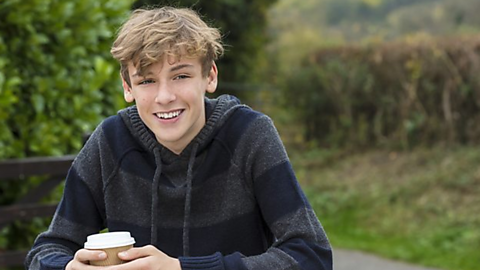
Pets and animals
Familiarise yourself with a range of animals, pets and endangered species.
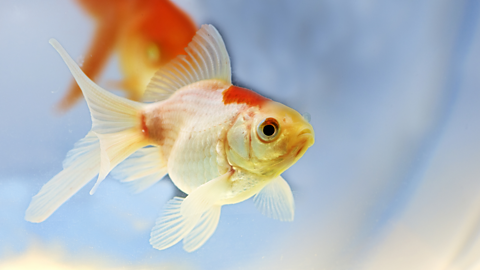
Social media and new technology
Can you discuss different types of technology and the impact of social media?

Pastimes
Pastimes and hobbies range from sport to music.
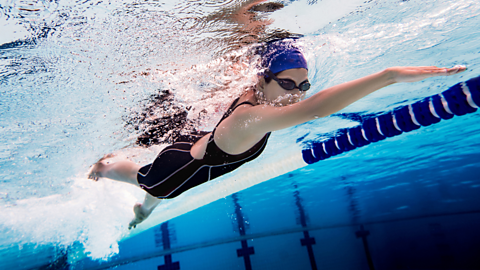
Daily routine
Discover different ways of describing your daily activities using a variety of tenses and core vocabulary.

My weekend
Can you talk about all the different things you do at the weekend?

Shopping
Familiarise yourself with a range of shops, practise describing the cost of items and learn some shopping vocabulary.

Customs, festivals, celebrations, days, months and seasons
Can you recognise and use terminology relating to the cycle of the year?
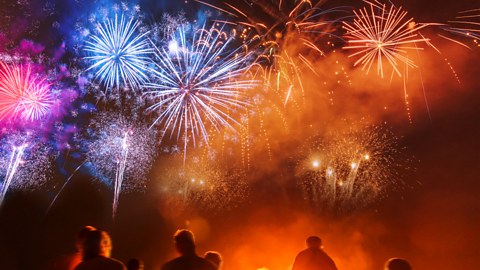
Local, national, international and global
My house
Can you describe your house, rooms, surroundings, furniture and equipment?
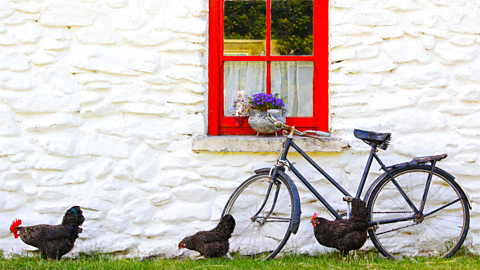
My area
Can you describe the facilities, advantages, disadvantages and problems in a variety of areas?

Helping others & social issues
Helping others is something that we should do every day. Discover different ways of describing helpful actions using a variety of tenses and core vocabulary.
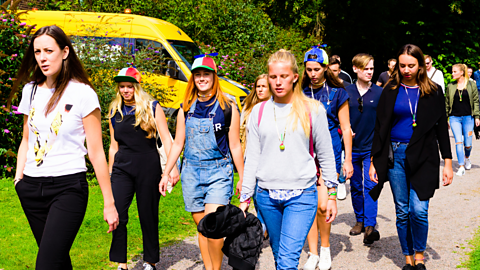
The environment
Can you discuss environmental factors and recycling?
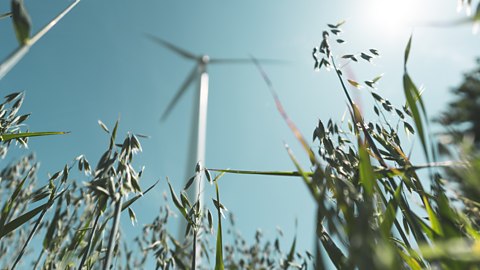
Health and lifestyle
Can you talk about how to keep safe and healthy?
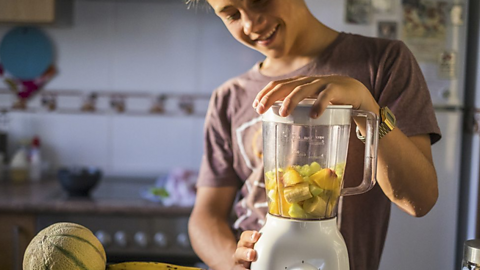
The body, feelings and illnesses
Can you name body parts, describe how you feel and explain everyday illnesses?
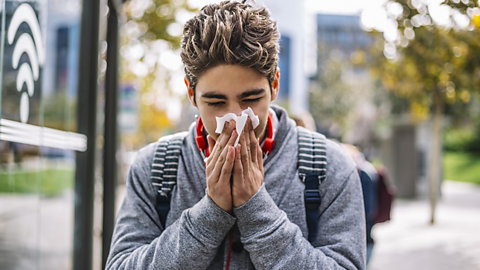
The weather
Can you recognise a range of weather related scenarios?
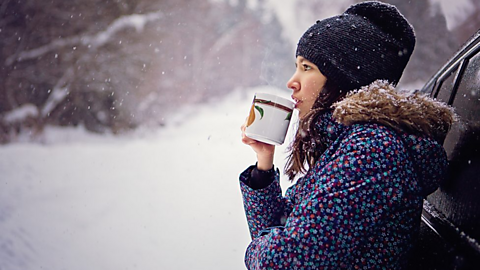
Counties and countries
Can you recognise and use the names of counties, countries and nationalities?
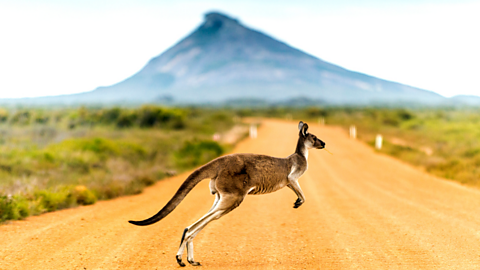
Travel, tourism and accomodation
Can you talk about your holiday experiences - near or far?
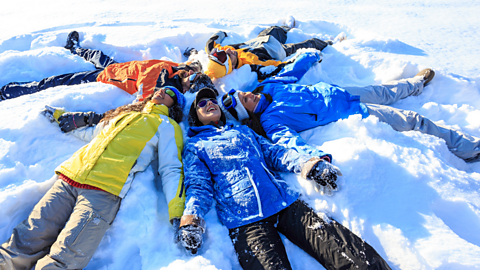
Directions and transportation
Familiarise yourself with different modes of transport and learn how to give clear directions.

Food and drink
Whether you're at home, in a restaurant or at the shops, learn how to discuss a variety of food and drinks.
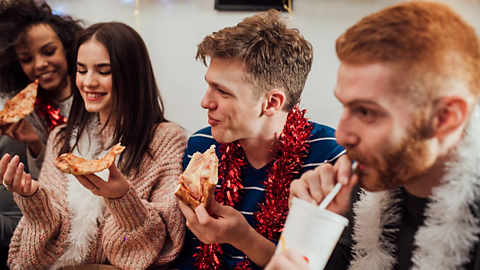
The Gaeltacht
A Gaeltacht is an area where the local people mostly speak in Irish, students visit these areas to improve their language skills.
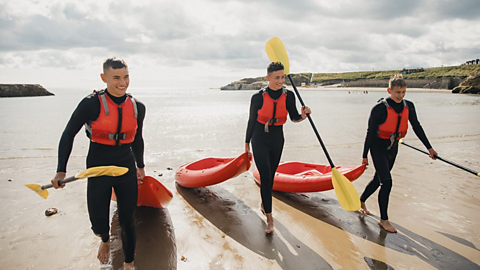
School life, studies and work
The classroom
Learn how to discuss your school, studies and future plans.
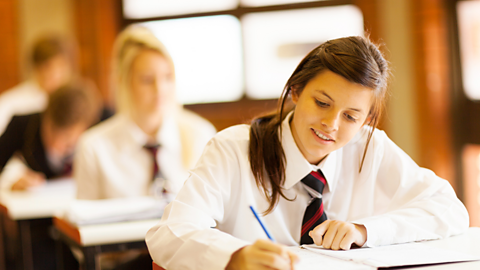
Greetings and classroom instructions
Practise different ways of greeting people and learn how to give and understand instructions.
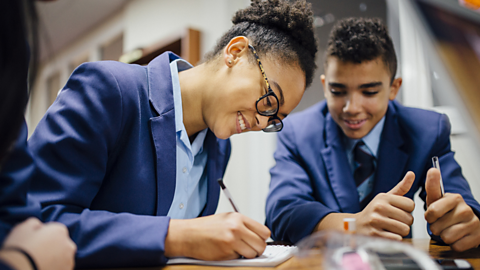
School life
Can you talk about the teachers and pupils at your school?

My studies
Can you talk about your GCSE subjects?
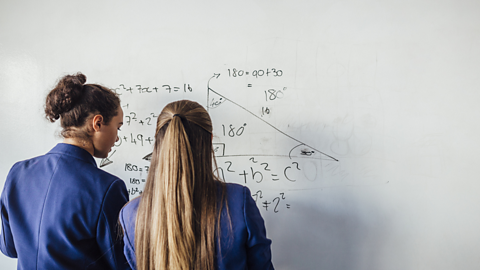
School rules and uniform
Learn vocabulary and practise speaking about different rules and styles of uniform.
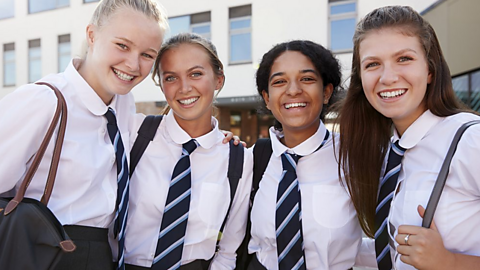
Extra curricular activities
Can you talk about the clubs and societies in your school?
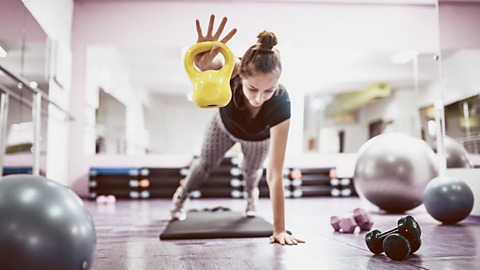
Part-time jobs
Can you discuss your part-time job?
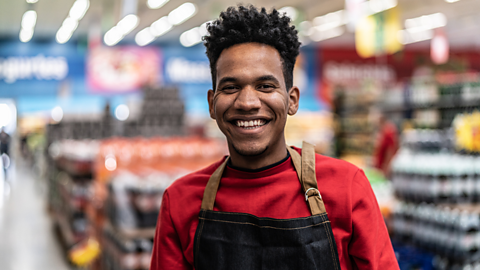
Future plans and careers
Can you talk about your ambitions in Irish?

Numbers
Can you identify numbers of objects and people in Irish?
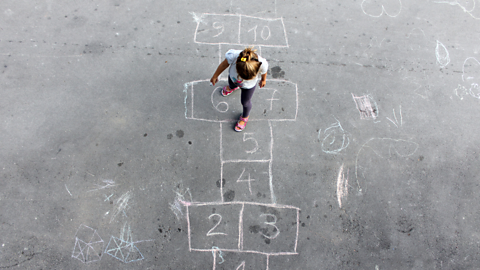
Telling the time
Can you tell the time and use time frames?
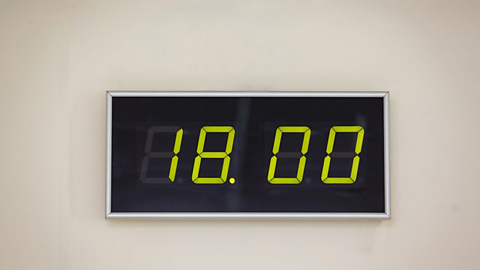
Money management
Can you tell how much things cost?
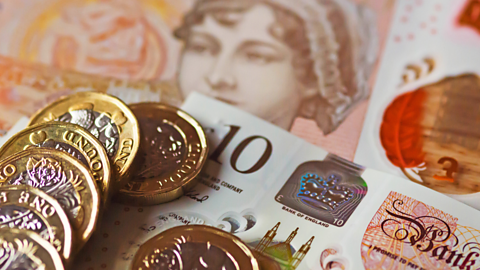
Grammar
Past tense
Learn how to put verbs into the past tense.
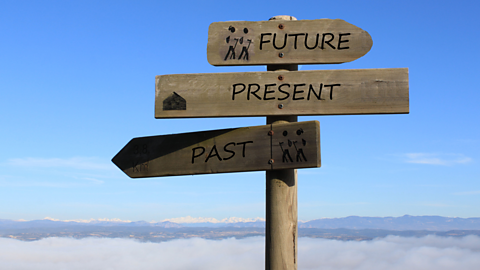
Present tense
The present tense describes an event which is currently taking place or a state that currently exists.
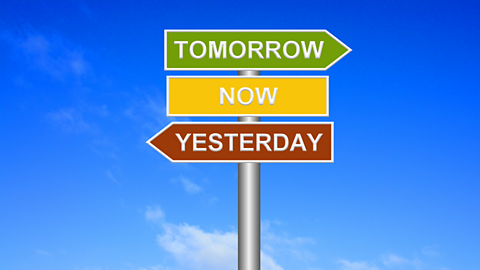
Future tense
Learn how to put verbs into the future tense.
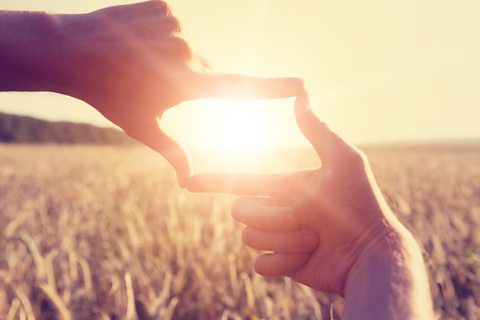
Prepositions
A preposition is a word that tells you where or when something is in relation to something else. Examples of prepositions include words like after, before, on, under, inside and outside.
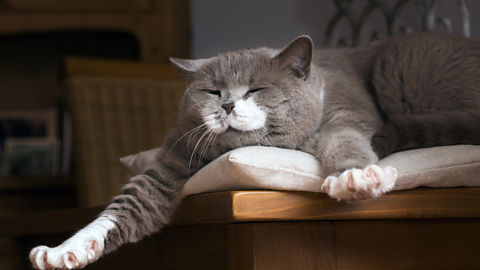
Verbal nouns
A verbal noun is a noun that is derived from a verb, usually by adding the suffix 'ing' in English.
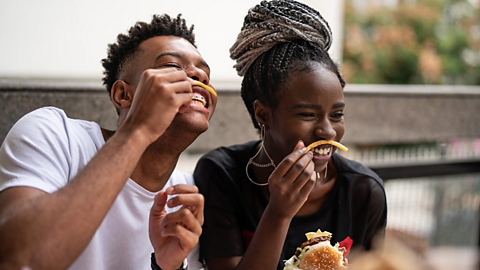
Question forms
The ability to ask questions is useful for your oral exam where you will ask and answer questions.
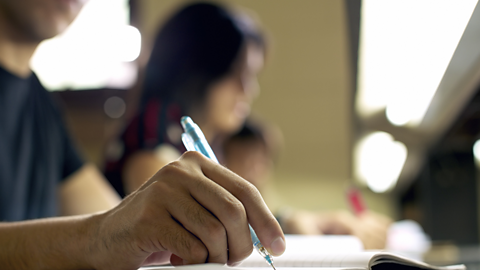
Links
- External linkExternal link
- External linkExternal link